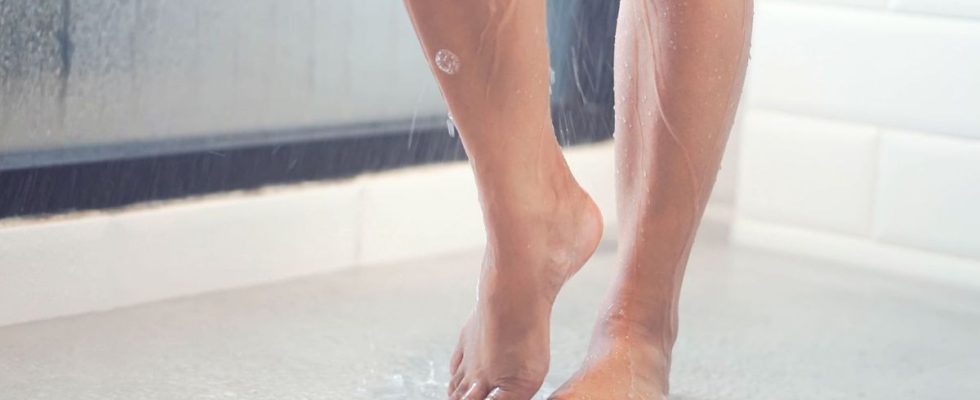Published on
Updated
Reading 1 min.
To save time or for ecological reasons, some people skip the “toilet” box and prefer to pee in the shower. But is the practice dangerous? Doctissimo takes stock.
It’s a trend that we talk about regularly, as an ecological tip. And no, it’s not turning off the water while brushing your teeth, but rather peeing in the shower. Is it dangerous for health? Doctissimo answers you.
Advantages of this practice
Peeing in the shower avoids doing it in the toilet and wasting water by flushing. Peeing in the shower therefore amounts to making an ecological gesture, reducing your water bill in the process. Without necessarily extending your shower to be able to pee while you are there, you can imagine doing this natural need in the shower, when the opportunity presents itself.
Avoid toilet paper
By urinating under the shower water, you can wash your private parts directly with soap and water, which avoids the need for toilet paper. In addition to saving money, not using toilet paper to wipe yourself avoids the potential micro-abrasions that it can cause. Washing with water is much more hygienic and gentler on the genital area.
Clean thoroughly after use
By adopting this reflex, some hygiene habits should also be adopted. Like cleaning the shower after urinating, rinsing all the walls well, to avoid any risk of developing micro-organisms. Because urine, if it is sterile at the time of its evacuation, then becomes a source of bacteria, which multiply rapidly.
Don’t pee in the water
While peeing in the shower can therefore have some advantages, peeing in water, especially in a swimming pool, is not recommended and can even be dangerous. Indeed, urine in contact with the chlorine contained in the water will generate a gas called cyanogen chloride, irritating to the eyes and throat, but also the nose and lungs.

